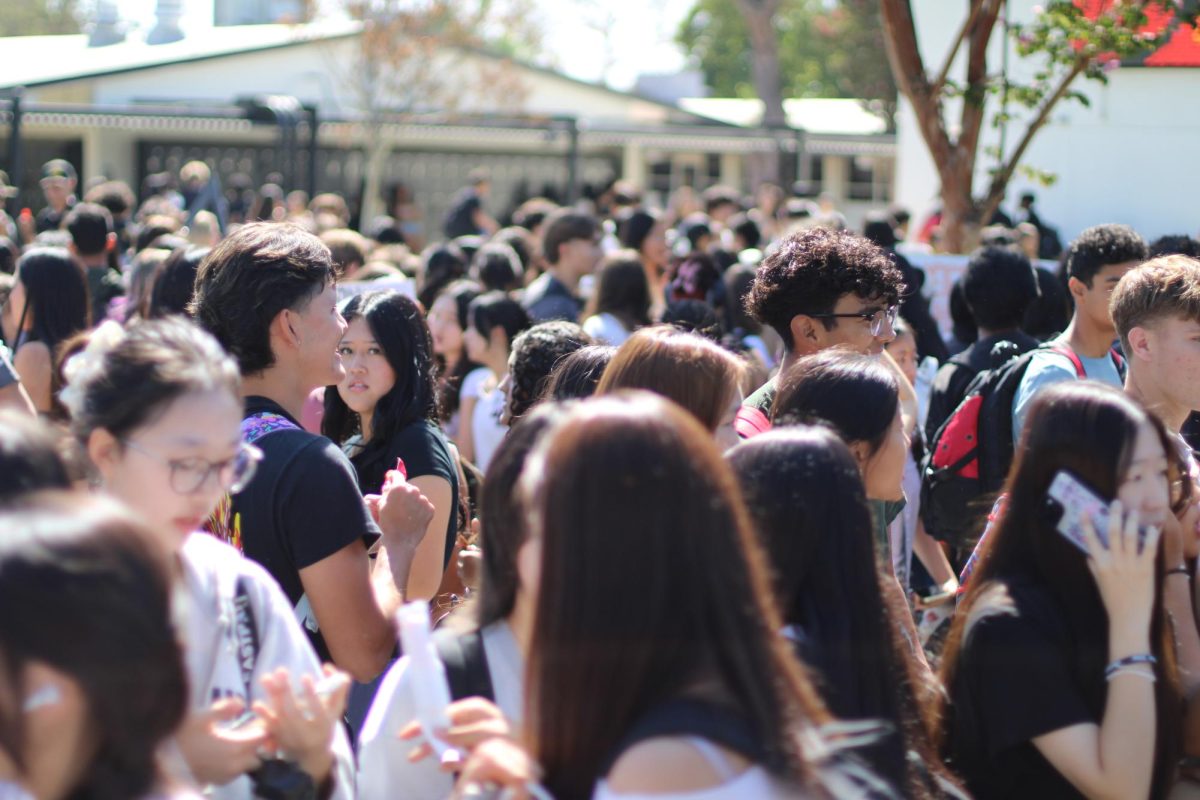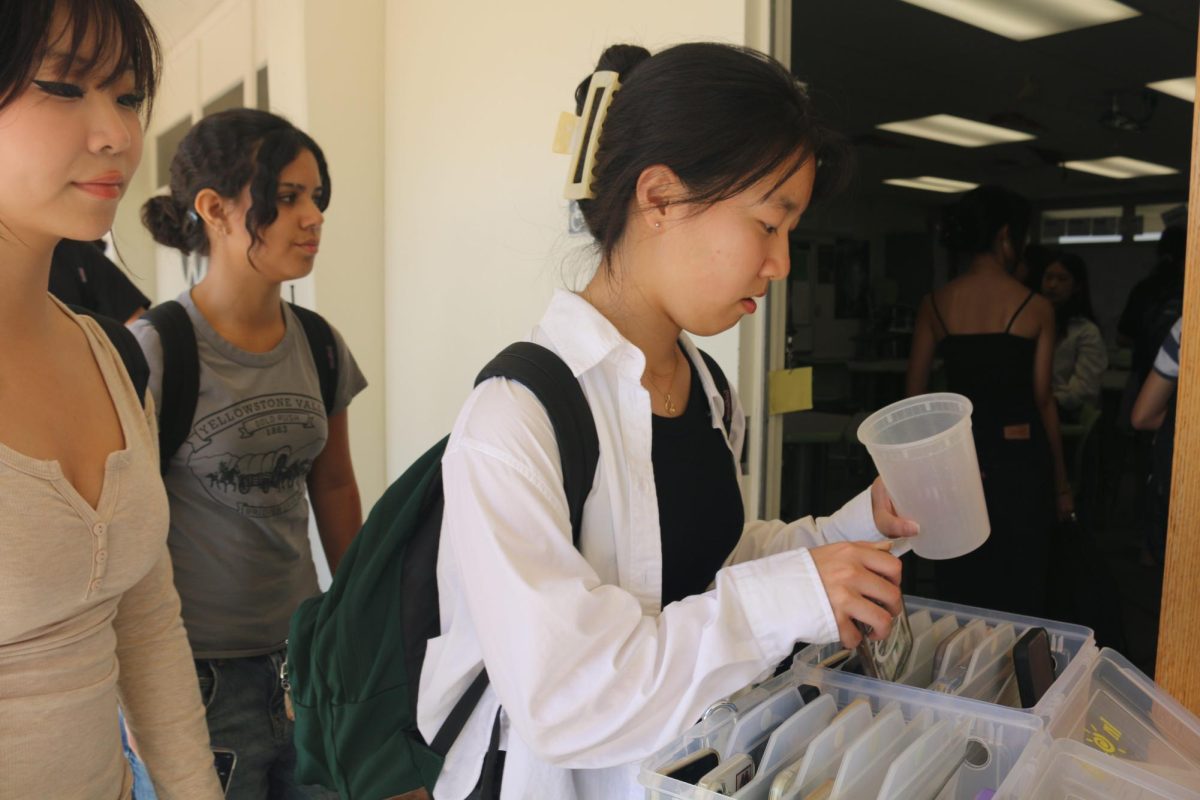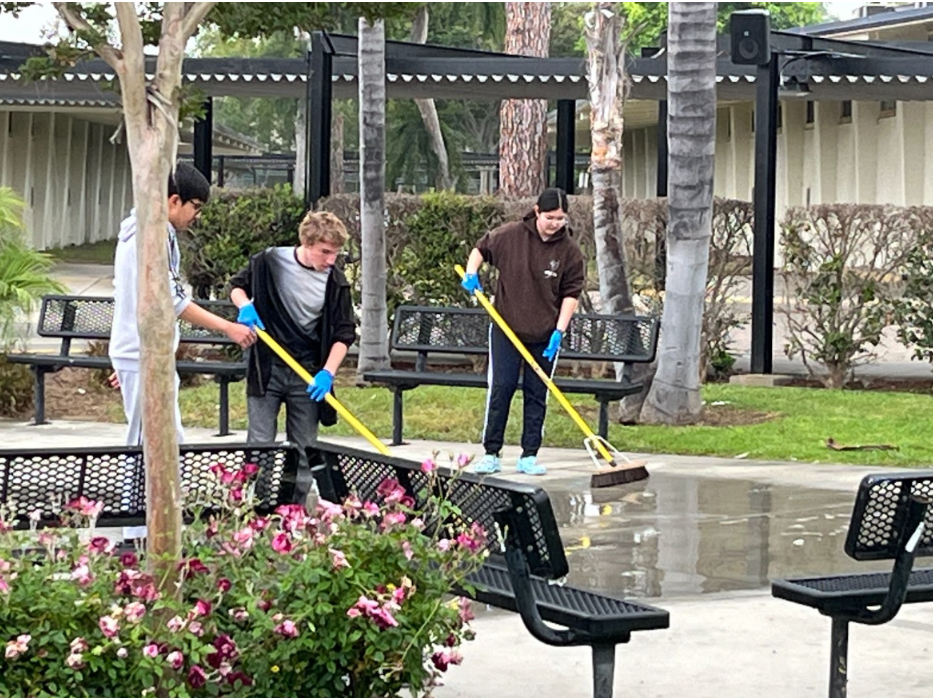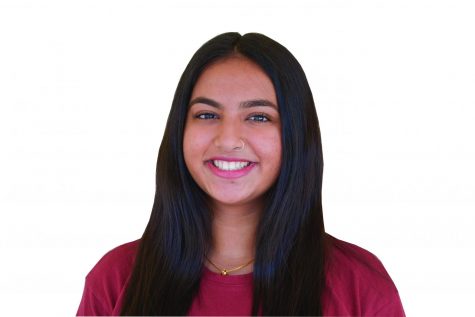They had already made history for Sunny Hills High School.
The 15 Science Olympiad competitors had hoped they would continue their historic run at the April 4 Southern California Science Olympiad Tournament at the California Institute of Technology in Pasadena.
But the spread of the coronavirus and Cal Tech’s decision to close its campus to its regular students in March led to an abrupt end for the team’s chances to make even more memories at that level, which team members refer to as “states.”
“It was really hard because this was going to be my first time going to states,” co-captain senior Megan Luo said after learning of the March 6 cancellation. “To hear that your hard work didn’t get the reward that you wanted is definitely disappointing.”
Science Olympiad co-coach Christopher Ghareebo echoed Luo’s sentiments.
“It is disappointing that the competition was canceled because of all the hard work, time and commitment we’ve put into making it to state for the first time in SH history,” Ghareebo said. “The first thing that ran through my head was sadness for the seniors because I knew this was their last chance to compete for a state championship.”
The news also impacted her fellow co-captain, senior Samuel Kho, because their Science Olympiad journey spanned seven years. Luo and Kho even started the teams at their junior high school, Robert C. Fisler, before seeking approval to start one at Sunny Hills as a club.
“When I first heard the news, I was in a state of disbelief and went through stages of grief,” Kho said. “But at this point, it’s just something we have to move on from.”
The team aimed for states since it was founded in 2016, and four years later on Feb. 15, the 2019-2020 Science Olympiad team qualified to advance after placing fourth in the state regional competition at the University of California, Irvine — the highest result in its brief history.
To prepare for regionals, the 15-member team spent several hours after school practicing and studying for their events and competed in other competitions, including the Great Oak High School Invitational in Temecula on Dec. 14 and the Science Olympiad Las Vegas Invitational on Jan. 4.
Preceding the March 6 announcement posted on the Southern California Science Olympiad website, some participants from other schools attempted to petition for a new host for the tournament, which led to the March 9 announcement from event organizers saying it would not be possible.
“To clarify last Friday’s post regarding the cancellation of the 2020 Southern California State Tournament, we will not be looking for an alternative to host the 2020 Southern California State Tournament,” according to a statement posted on the Southern California Science Olympiad website. “Since there would not be a fair way to select teams to represent Southern California at the National Tournament, Southern California will not be sending any teams to the 2020 National Tournament.”
However, the SH team knew that it would not be possible to find a new host in time, said freshman Dahee Kim, who’s grateful she has three more years left to compete.
“I am hoping to place higher than fourth [in future regional tournaments] but, at the same time, not mess up like we did this year,” Kim said. “There were a lot of times the team made many mistakes, and I really want to make sure those mistakes don’t get repeated again.”
To make up for the cancellation of the 2020 state and national tournaments, Science Olympiad is not rotating its events out next year, enabling students to reuse their builds and binders, according to the National Science Olympiad website.
With this in mind, the co-captains are working toward making the team stronger and more prepared, hoping to increase returning team members’ chances of qualifying for states next year.
To do this, Luo said the seniors are writing tests that the remaining team members can use in the future and plan to hold workshops in the summer when they are officially out of quarantine.
Though the NCAA has allowed its current senior athletes to return next season to compete in their spring sports teams, the state Science Olympiad organizers have not entertained that option.
“As unfortunate as it is, I do not think it is fair to give college freshmen an opportunity to compete in next year’s tournament,” said senior Cecilia Lee, the team’s third co-captain. “Overall, I feel like that idea would be interesting to commit to if the tests and events were altered in a way or if there was a separate tournament for college freshmen who were unable to compete in their senior year.”



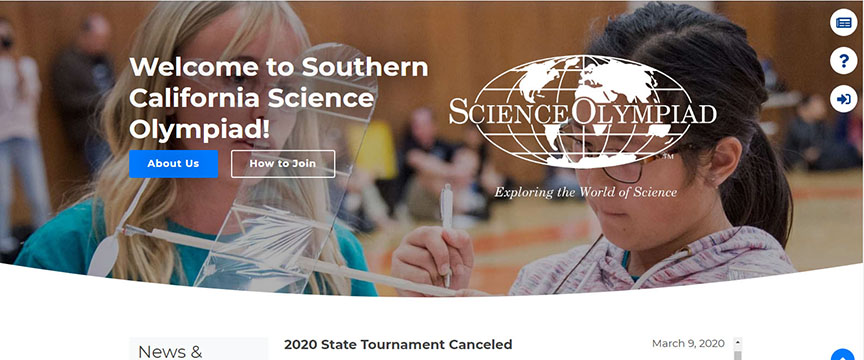
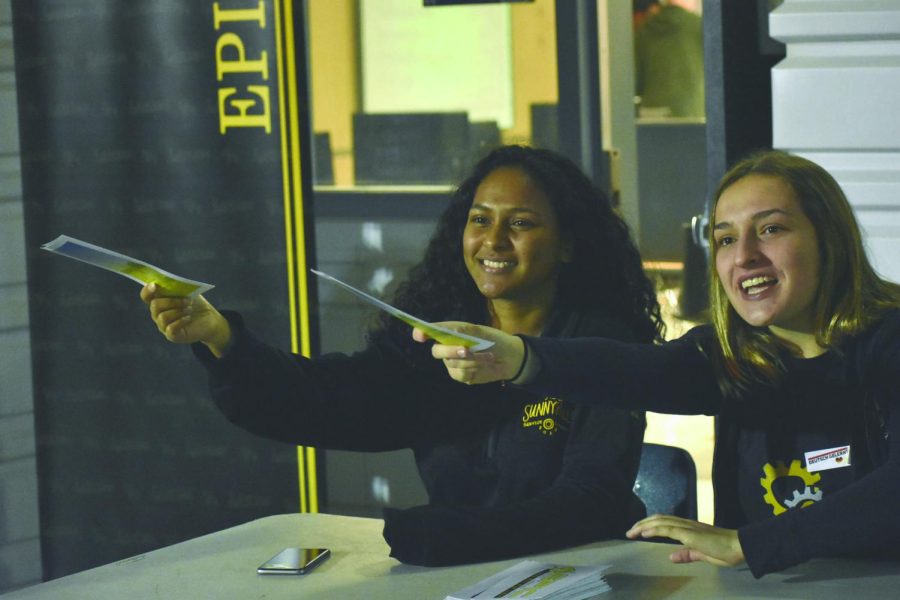
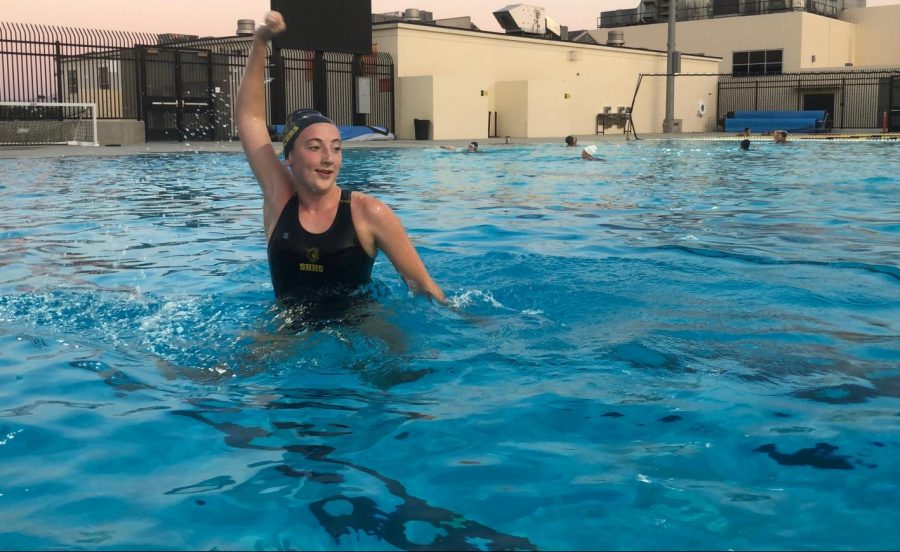
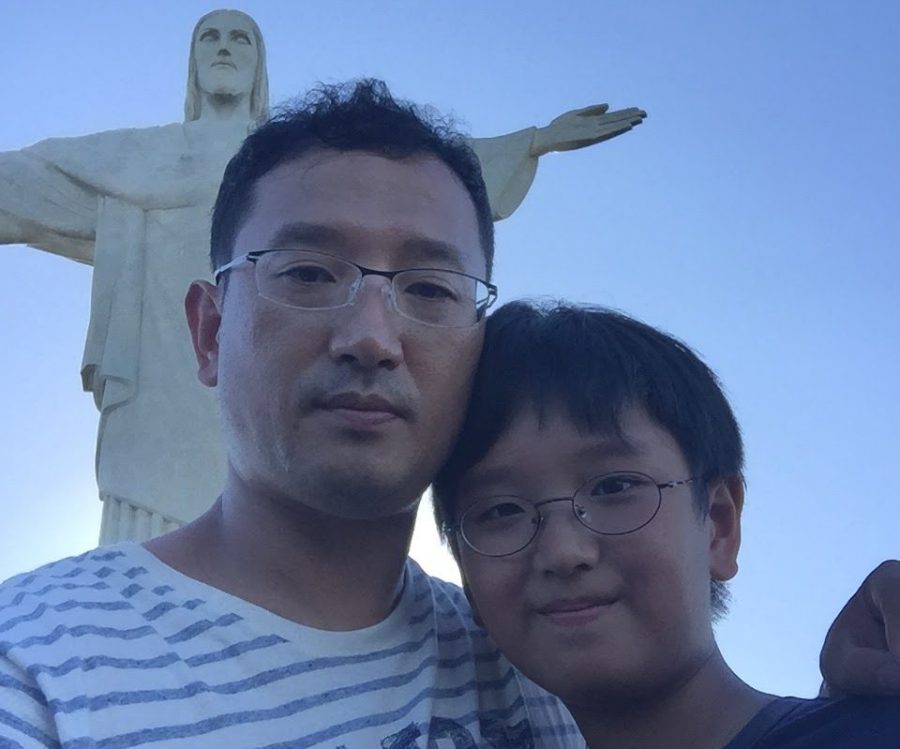
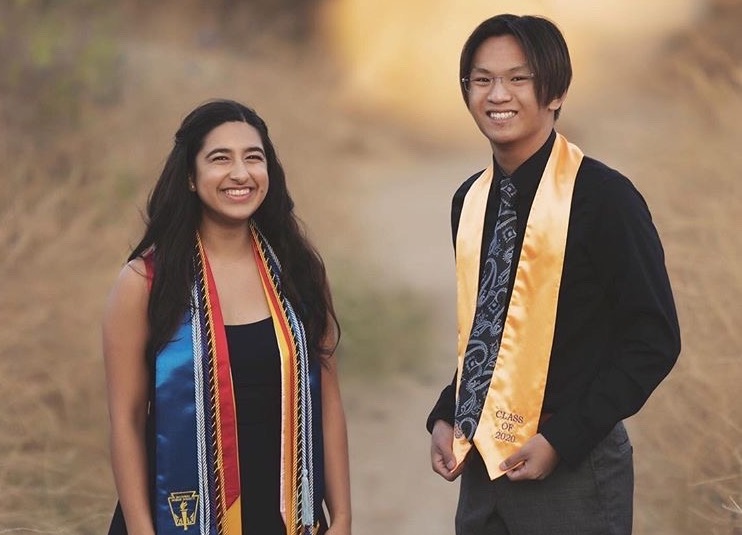
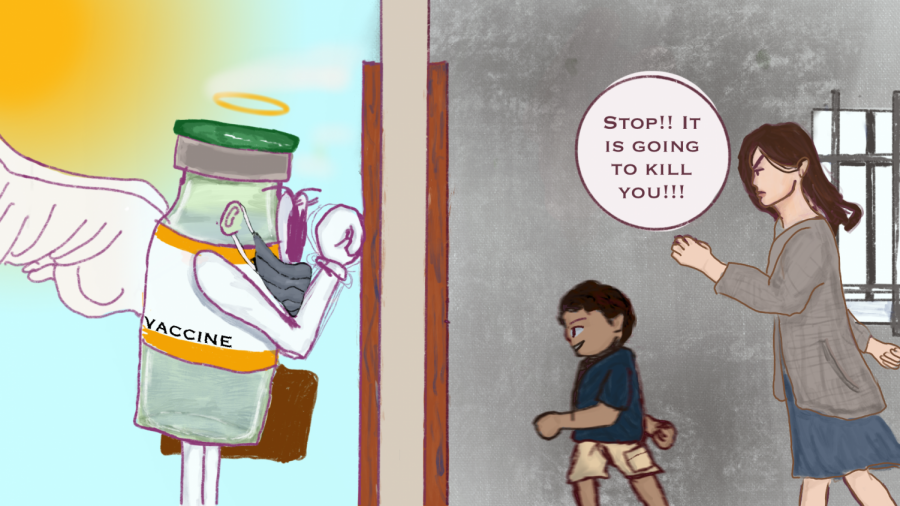
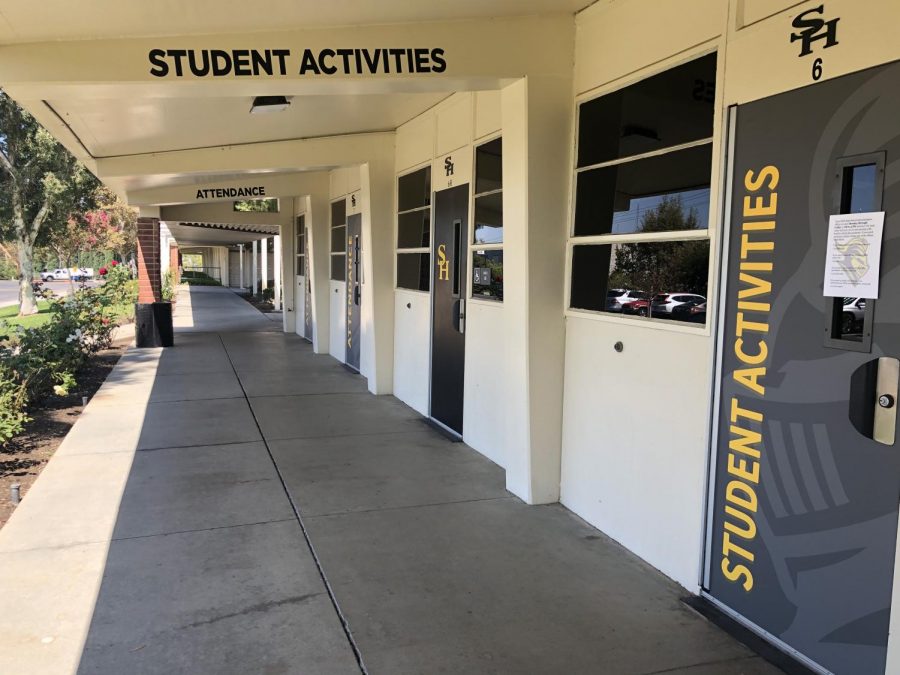
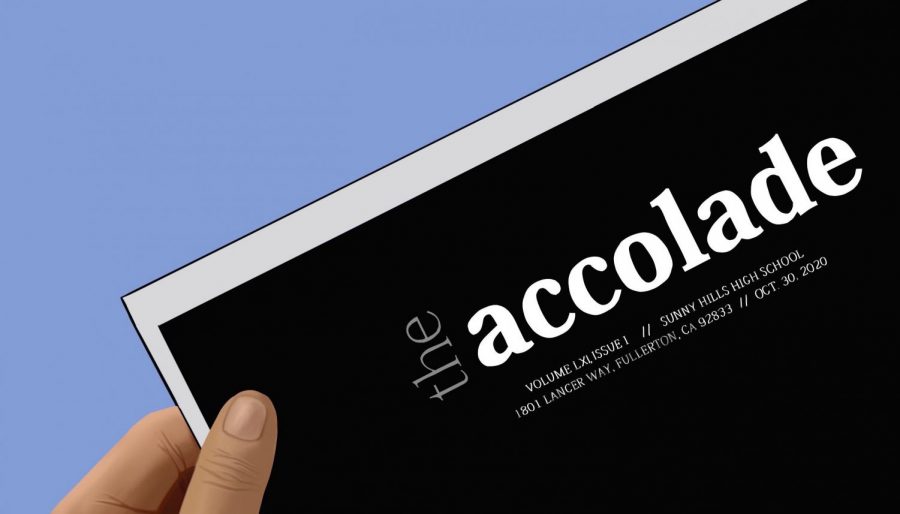
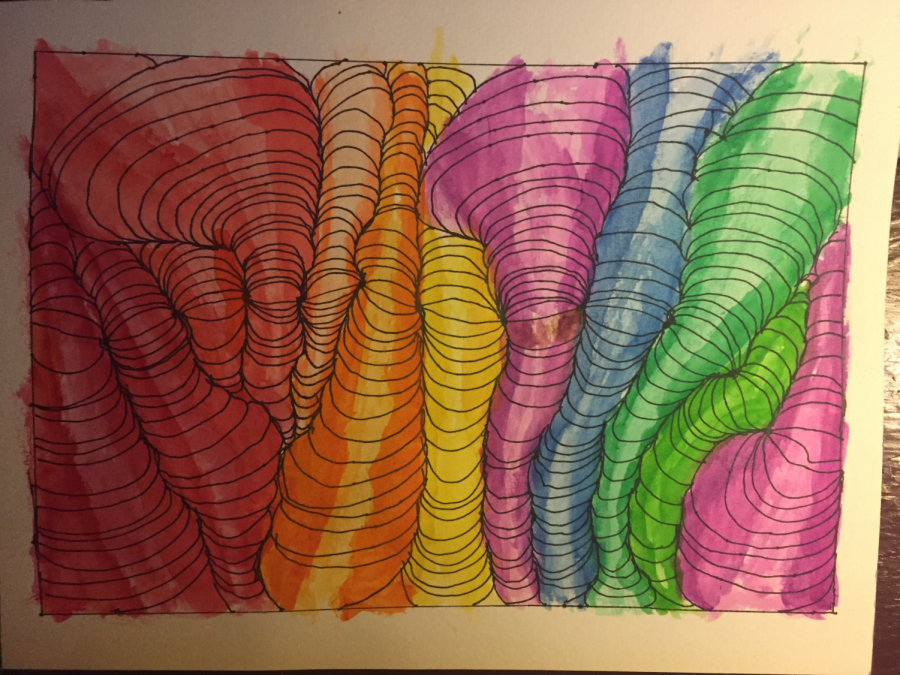
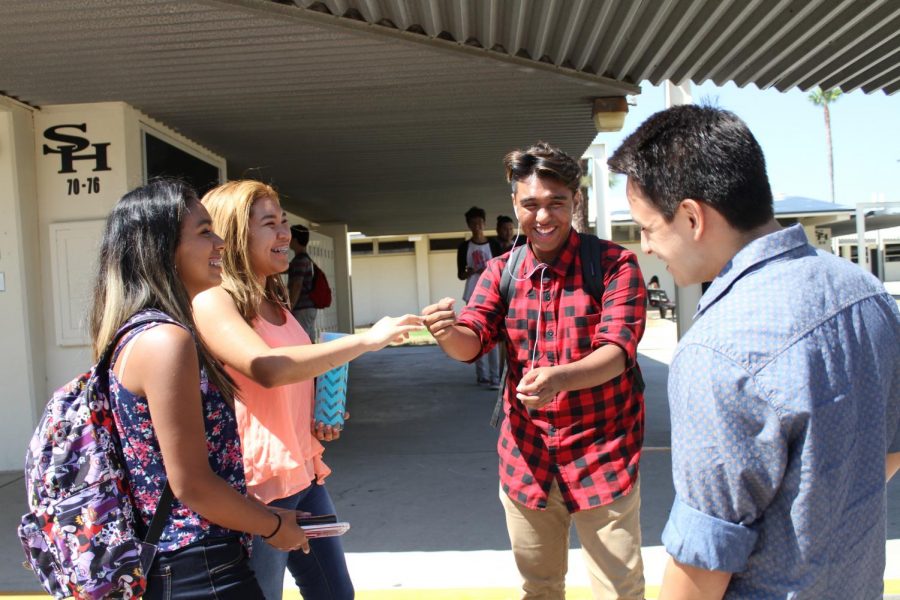
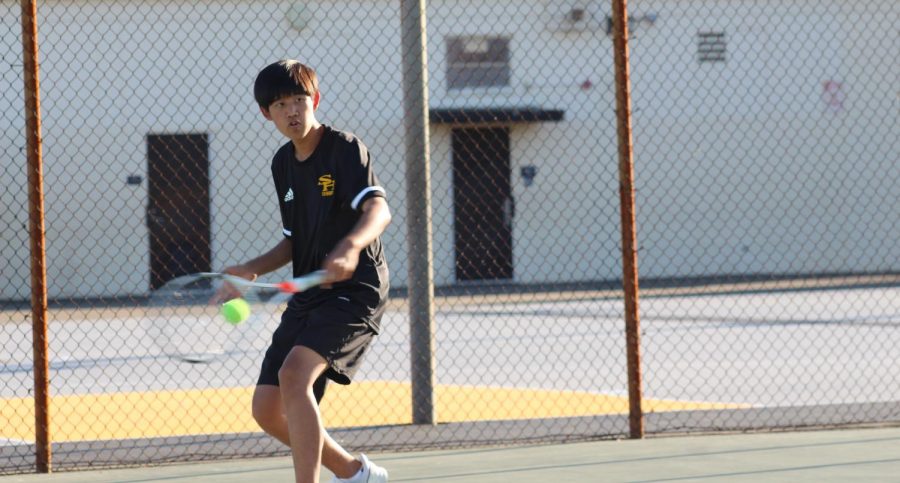


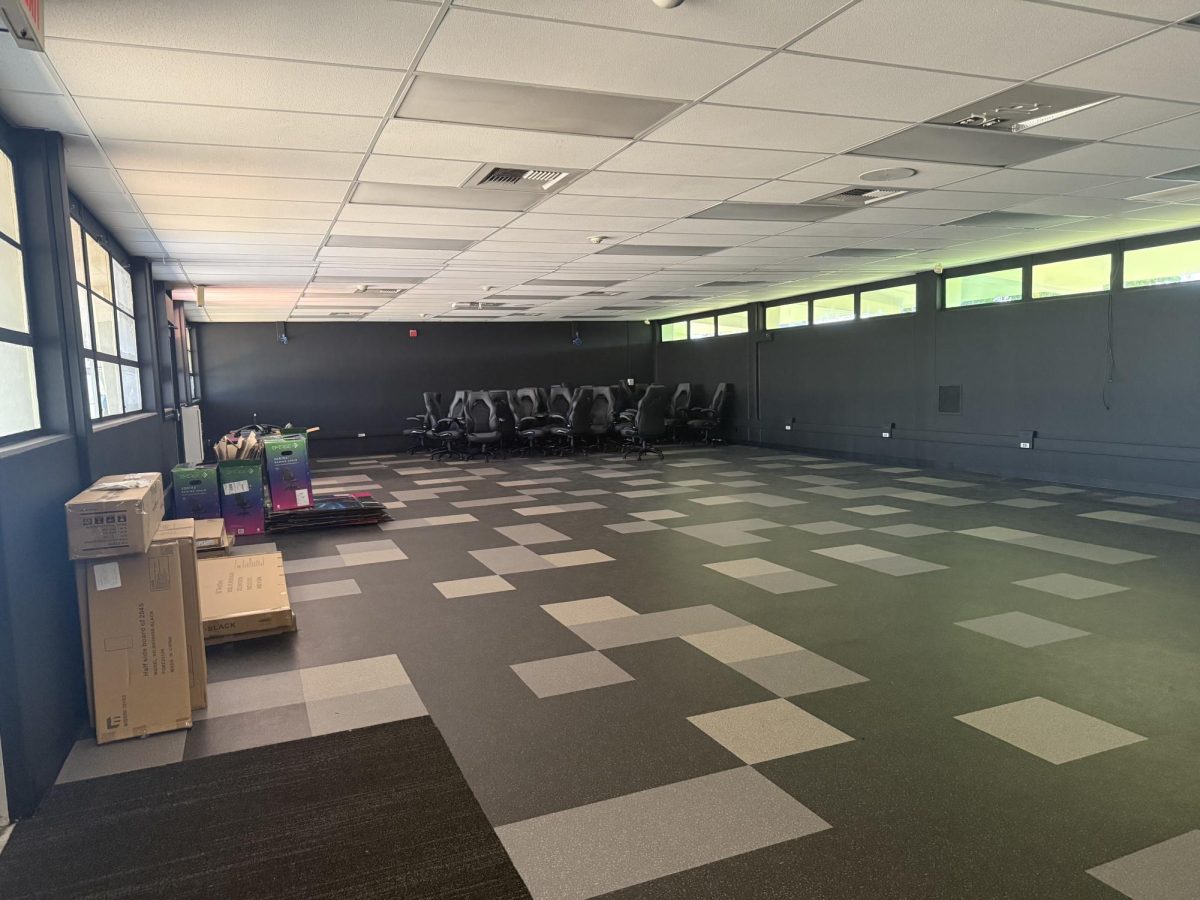
![Students and staff across the Fullerton Joint Union High School District [FJUHSD] received emails promoting a part time job offer with pay. The messages were set from compromised FJUHSD accounts.](https://shhsaccolade.com/wp-content/uploads/2025/09/image1-2-1200x527.png)
